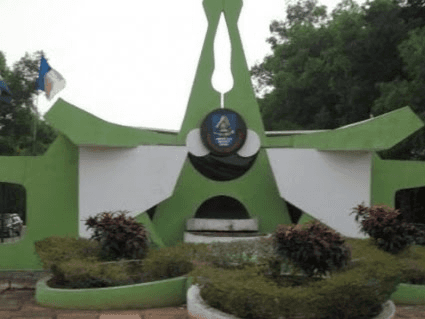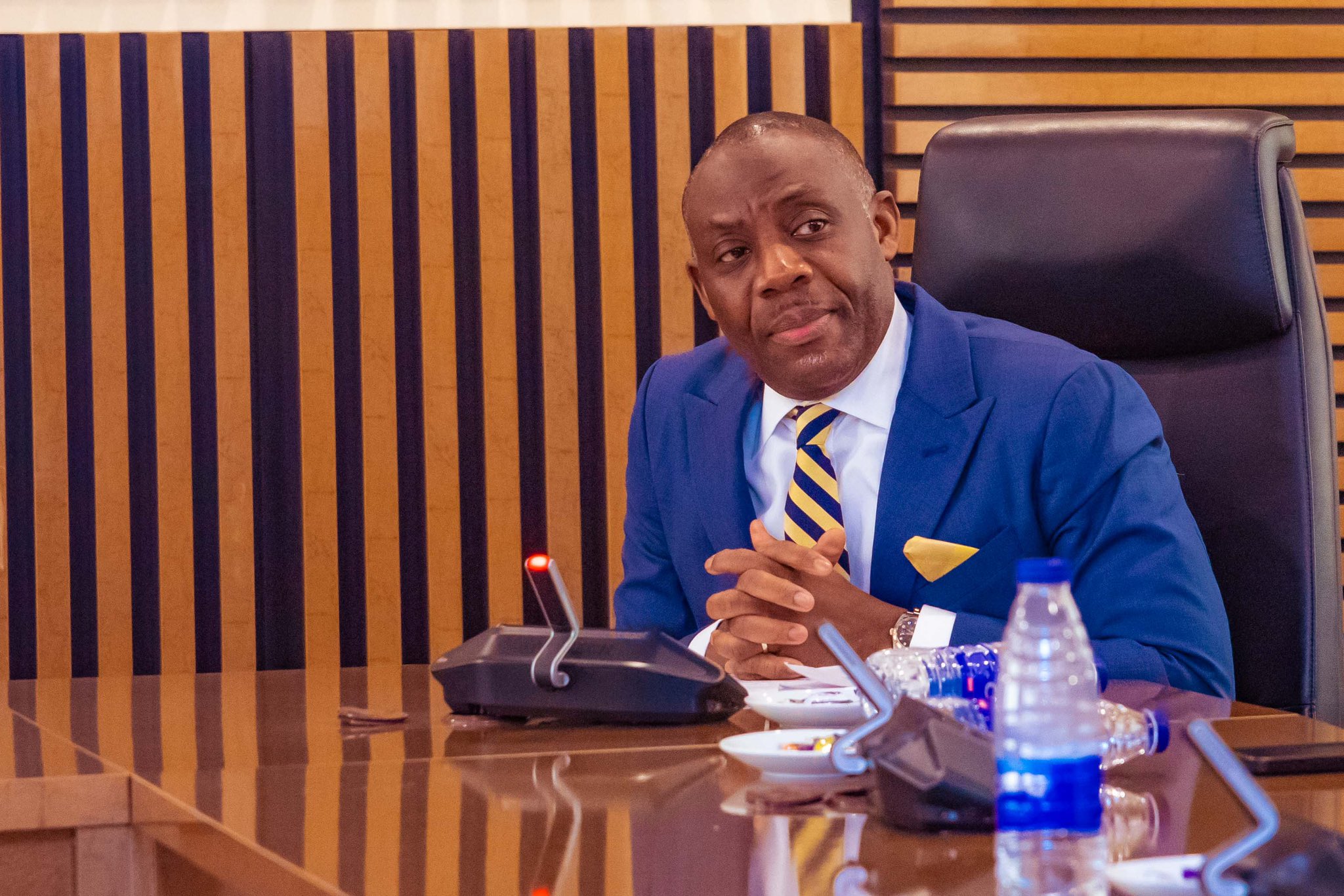NITDA DG pushes for curriculum overhaul to meet 21st-century demands


Kashifu Inuwa, director-general of the National Information Technology Development Agency (NITDA), called on Friday for a complete overhaul of curriculums at all levels to meet 21st-century digital skills.
Mr Inuwa made the call during a meeting in Abuja with the Nigerian Educational Research and Development Council’s (NERDC) management team, which was chaired by Ismail Junaidu, the executive secretary.
The DG stated that the review will be consistent with President Bola Tinubu’s Renewed Hope Agenda, which aims to create millions of jobs by harnessing digital technology and achieving a digital literacy rate of 70% by 2027.
“Digital technology has an important role to play in the design of the curriculum, content and processes due to the evolution of technology.
“Disruptive technology has substituted the way of doing things worldwide, of which Nigeria as a country is not to be left behind.
“We must lead in developing a competency-based, outcome-focused curriculum that addresses the demands of the 21st century.
“This will enable us to produce a skilled workforce capable of meeting the needs of the Nigerian market and attracting investment from other countries,” he said.
The NITDA boss stated that incorporating digital skills into the curriculum is critical for national development and economic success.
Mr Inuwa went on to say that government policies and objectives, particularly those relating to sustainable development, 21st-century skills, the digital economy, creative arts, and digital technology, will pave the way for national progress.
Earlier, Mr Junaidu, the NERDC executive secretary, declared that they were in charge of the country’s curriculum development at all levels.
However, he emphasised the importance of digital literacy in any country’s progress.
The ES stated that the purpose of the visit was to expand the existing collaboration and identify prospective areas where both organisations may collaborate for national development.
Mr Junaidu added that the institution was also responsible for undertaking and promoting book development.
He further said the institution was also responsible for local authorship for quality assurance, conducting educational research for public policy formulation and implementation and developing Nigerian languages.





![UNILAG Academic Calendar for 2019/2020 Session [UPDATE] UNILAG](https://sundiatas.net/wp-content/uploads/2019/11/UNILAG.jpg)

